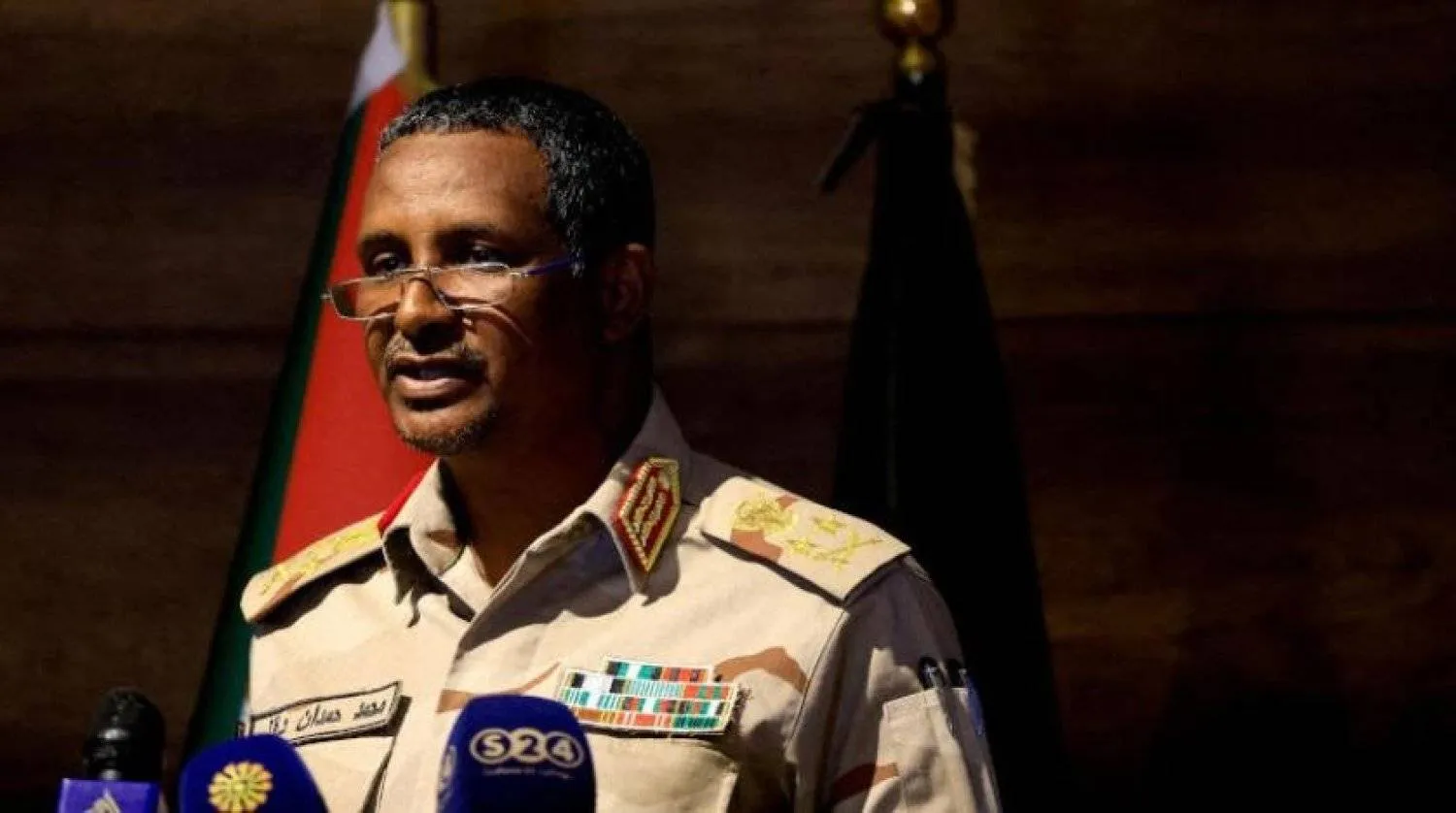The leader of Sudan's paramilitary Rapid Support Forces (RSF) held talks in Kenya on Wednesday amid regional diplomatic efforts to try to forge a ceasefire in the war at home.
Kenya is the latest leg of Mohamed Hamdan Daglo's first trip abroad since the fierce fighting erupted between the RSF and the Sudanese army in mid-April.
President William Ruto posted pictures on X of him meeting with Daglo, saying Kenya appreciated the commitment of the RSF and Daglo "in ending the conflict in Sudan through dialogue".
"The ongoing Intergovernmental Authority on Development (IGAD) talks should bring about a political settlement that would affect a lasting peace in the country," he added, AFP reported.
IGAD, an eight-nation East African bloc headquartered in Djibouti, is leading diplomatic efforts to broker a meeting between Daglo and his rival, Sudanese army chief Abdel Fattah al-Burhan.
The warring generals have not met face-to-face since the outbreak of the conflict that has killed more than 12,000 people by some conservative estimates, and forced millions to flee.
Daglo said his discussions with Ruto focused on latest developments in Sudan, "examining the root causes of the war and exploring solutions to alleviate the crisis and the suffering of our people".
"I presented our strategy to cease hostilities and start negotiations for a comprehensive resolution," he said on X, without elaborating.
A scheduled press conference by Daglo in Nairobi did not take place.
The RSF leader has previously visited Djibouti, Ethiopia and Uganda on his regional tour and said he was committed to ending the conflict.
"Next week, as chair of IGAD, Djibouti will also prepare the ground for Sudanese dialogue and will host a critical meeting," Djibouti Foreign Minister Mahmoud Ali Youssouf said on X on Saturday when Daglo visited.
Last Wednesday, Djibouti's foreign ministry said a meeting between the rivals planned for December 28 had been "postponed to early January for technical reasons".
The UN Security Council in November voiced alarm at the growing violence in Sudan and the spread of fighting to areas previously considered a haven for those displaced by the conflict.
By the end of November, at least 12,190 people had been killed, according to a conservative estimate from the Armed Conflict Location and Event Data project.
The United Nations says more than seven million people have been internally displaced by the war, while another 1.5 million have fled into neighbouring countries.









